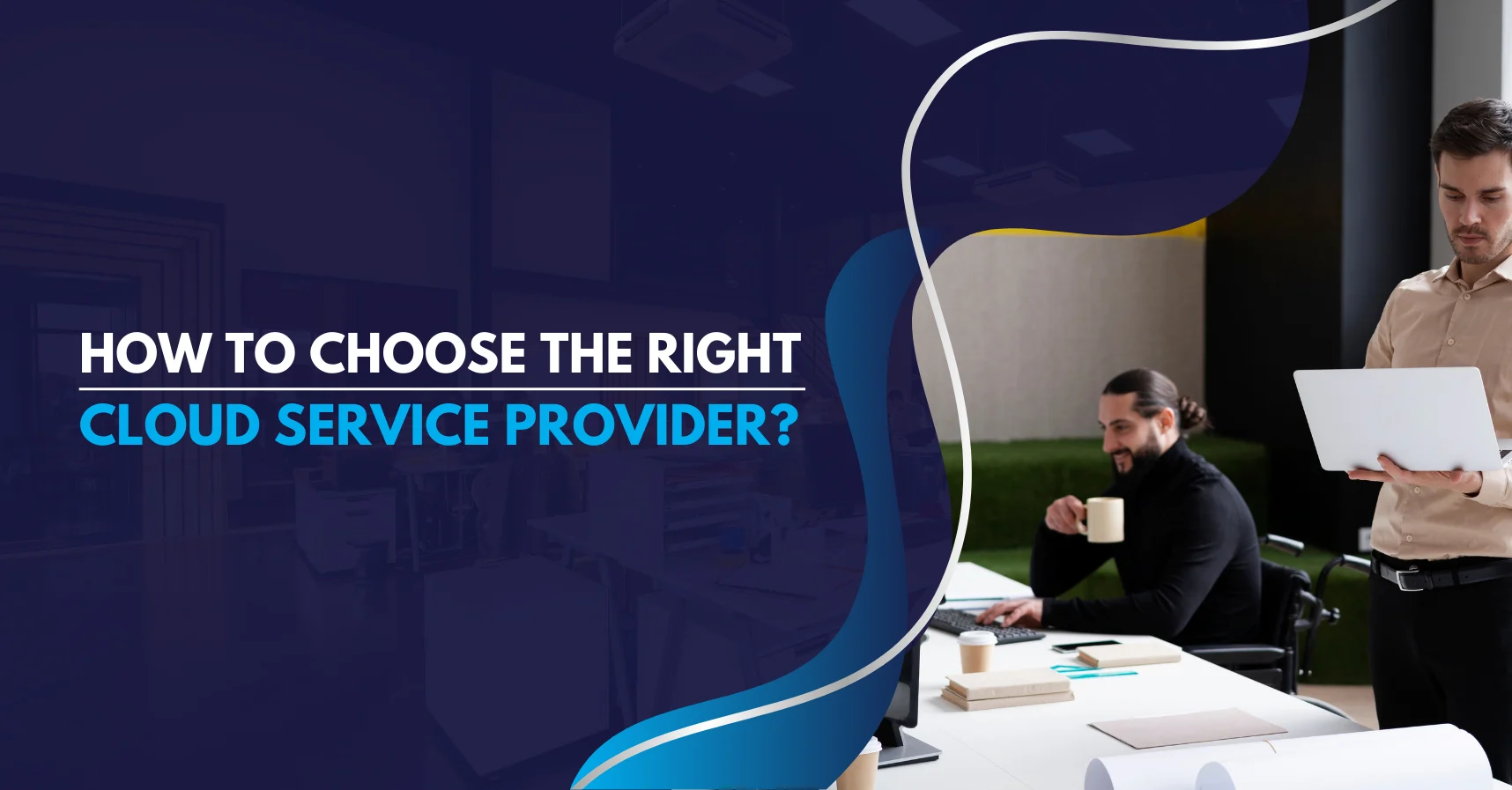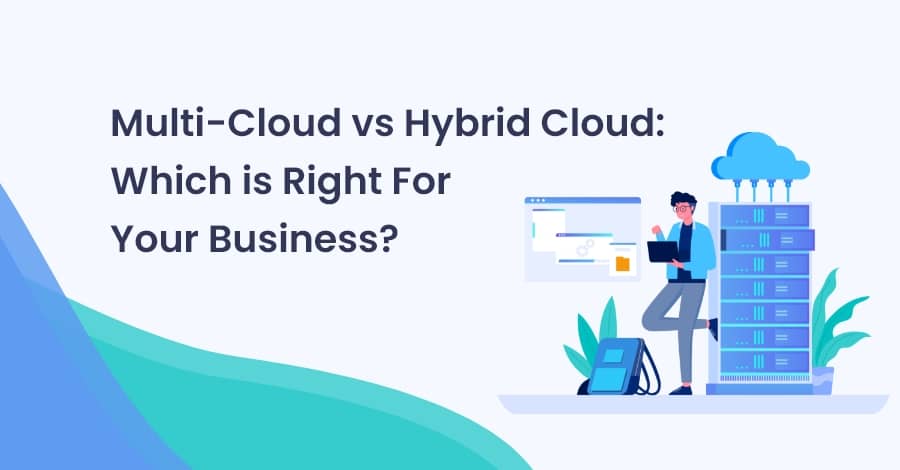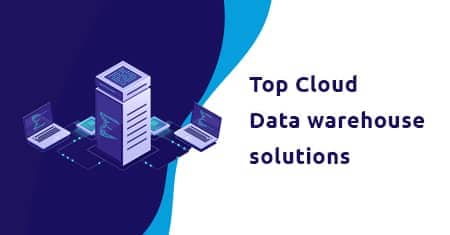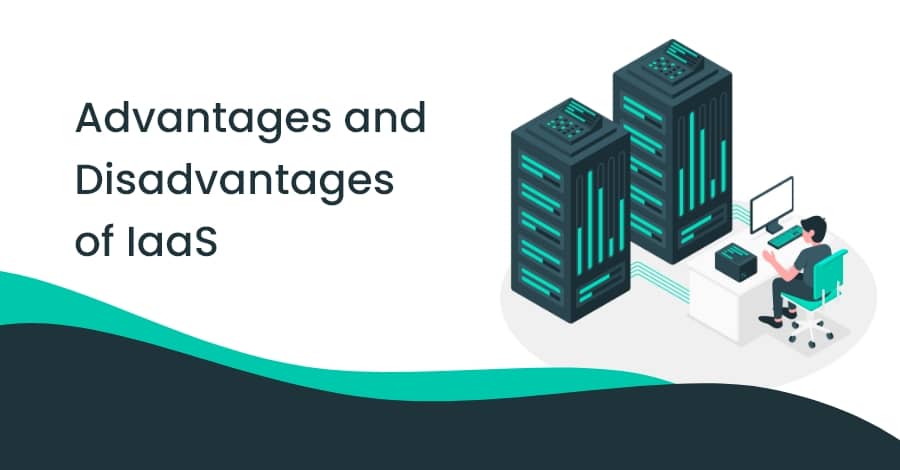

Cloud computing is the future of IT services. As businesses shift their focus to digital transformation and adopt an agile software development model, cloud services are becoming ubiquitous in enterprises. For most organizations, transitioning to the cloud has been challenging. This is mainly because there are so many different types of cloud service providers out there that offer unique services. Thus, choosing the right one can be a difficult task for enterprises. Fortunately, with a bit of research and planning, you can find the best option for your company’s needs and industry. Here are some things you should keep in mind if you’re thinking about using a provider for your organization.
What is Cloud Service?
The term cloud services refer to cloud computing services that let users access software, applications, platforms, and other resources quickly through a network (the Internet) without the need for local hardware or infrastructure. Cloud services provide several benefits to users, including Virtualization, Resource pooling, Rapid elasticity, Security, and Accessibility because third-party cloud computing companies host and operate these cloud services. As a result, you just pay as you go rather than needing to maintain costly onsite infrastructure. Cloud services are classified into four types:
Infrastructure as a Service (IaaS): is a cloud computing delivery model in which an organization delivers computing infrastructure, such as virtual machines, server space, and networking, on demand. The organization can access this infrastructure via the internet.
Platform as a Service (PaaS): with the help of this cloud service, application developers may develop, test, and deploy apps without being concerned about the infrastructure.
Software as a Service (SaaS): In this cloud service model, software applications are typically in the form of web-based applications hosted by the service provider.
Function-as-a-Service (FaaS): enables developers to deploy and run particular functions or bits of code in the cloud in response to events or other triggers.
Read More: Advantages and Disadvantages of IaaS
Why Hiring Cloud Service Providers?
In recent years, there has been a sharp increase in cloud service usage. Precedence Research predicts that the size of the global market for cloud computing will reach around US$ 1,614.10 billion by 2030 and see rapid development at a CAGR of 17.43% from 2022 to 2030. Amazon Web Services (AWS), Google Cloud Platform (GCP), Microsoft Azure, and IBM Cloud are the top cloud service providers at the moment. Here are a few justifications for why businesses would need to collaborate with cloud service providers:
Read More: Azure vs AWS
Flexibility and Scalability
When you need to scale your business, a cloud computing provider can quickly provide the resources you need. Cloud computing also allows you to take advantage of flexible business models, such as on-demand computing or software as a service (SaaS), which can help you save money and be more efficient. For instance, you may quickly expand your plan if you require more data storage for your project. As a result, businesses are free to adjust and expand their operations as necessary without worrying about server availability or capacity.
Support & Maintenance
When you work with a cloud service provider, you will get 24/7 technical assistance and maintenance, which you will not get if you monitor your cloud resources. When there are difficulties, such as server uptime, slow network performance, security breaches, and so on, the cloud service partner will fix them immediately.
Enhancing Business Continuity & Disaster Recovery
Utilizing cloud services has many advantages, but one of the main ones is having better disaster recovery and data backup options. Organizations may quickly copy and store their crucial data off-site on distant servers with cloud backup and disaster recovery solutions.
Choose the Right Cloud Provider with Expert Guidance
Unsure which cloud platform fits your business? Let our certified cloud experts analyze your needs and guide you toward the best, most secure, and scalable cloud solution tailored for your organization.

Factors to Consider When Selecting a Cloud Service Provider
Security and Compliance
You want to make sure that the security and compliance standards of the provider are aligned with your company’s needs. You also want to make sure that there are no compliance issues or any security breaches in the past. For example, if your company deals with sensitive data, then you should make sure that the provider has strict data privacy and data protection policies in place. Additionally, you must confirm that they comply with industry standards like ISO 27001.
Pricing
Pricing is a very important factor to consider when selecting a cloud service provider. You should make sure that the provider provides the services you need at a price that your company is comfortable with. You should also consider other elements that might affect the cost, including bandwidth, support & maintenance services, and cloud storage systems.
Ecosystem and integrations
Make sure that the provider has an extensive set of integrations with other applications and services that your business uses. This will make it easier for your team to work with the selected provider. You also want to make sure that there are no gaps in terms of functionality. As a result, it’s best to go with a cloud provider that can give expert services to assist you along the process.
Technologies and Support
Your present technological infrastructure, workloads, and management preferences must be compatible with the correct cloud platform, including its architectures, standards, and services. If a company offers migration support and guidance, you should consider it before choosing a provider. You should also consider how much re-coding and other modifications the entire process would need.
Capacity and scalability
Before signing a contract with a cloud service provider, evaluate how prepared they are to handle your business’s data and traffic. You want to ensure that the provider can scale up to handle sudden surges in demand. Likewise, you also want to ensure that there are safeguards in place in case of an emergency.
Ease of Use
When looking for a cloud service provider, many users will be concerned about how easy their data is to access, how much control they have over their data, and how much their data costs. The answers to all of these questions will help you determine which provider is the best choice for your needs. General ease of use is one of the most important considerations when choosing a cloud service provider. The best providers are easy to use so you don’t have to spend too much time learning how to use them.
FAQs
1. What should I look for in a cloud service provider?
Focus on security, scalability, pricing, compliance, and customer support. Ensure the provider meets standards like ISO 27001, offers flexible plans, and provides strong data protection and disaster recovery options.
2. Which type of cloud service is best for my business?
Choose based on your needs:
- IaaS for infrastructure control,
- PaaS for app development,
- SaaS for ready-to-use software, and
- FaaS for event-driven functions.
3. Why choose Star Knowledge for cloud services?
Star Knowledge offers secure, scalable, and compliant cloud solutions with 24/7 support. Their ISO 27001:2013-certified services ensure reliable performance, strong security, and smooth cloud transformation.
Why did you choose the Star Knowledge Cloud Solutions?
Star Knowledge is a lead custom cloud solutions services company and is a long-standing business partner with the leading cloud service providers to plan and architect cloud transformations by leveraging in-depth industry knowledge and expertise.
Star Knowledge places a high priority on security and provides cutting-edge technologies such as authentication, encryption, identity and access management, etc. to guarantee impenetrable protection for cloud data. Every data management plan is unique to each organization, with a focus on upholding strong security standards including ISO 27001:2013 Certified for IT Security.
Fill up the inquiry form on our contact page or go to our cloud solutions website right now to learn more.
Our Related Posts
Multi-Cloud vs Hybrid Cloud: Which is Right For Your Business?
Today’s businesses demand flexibility from their IT infrastructure and access to a wide range of…
Top Cloud Data Warehouse solutions
What is a Data warehouse? It’s a tool that stores your organization’s historical and predictive data so that you can make…
Advantages and Disadvantages of IaaS
What is IaaS? IaaS (Infrastructure as a Service) is a model of software delivery in which…





Sorry, the comment form is closed at this time.